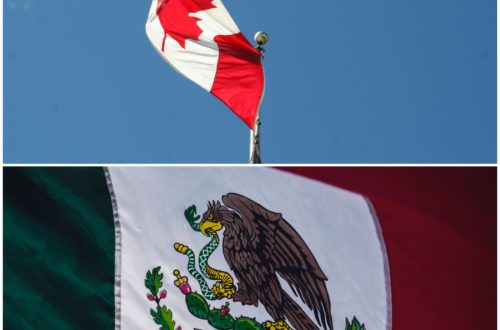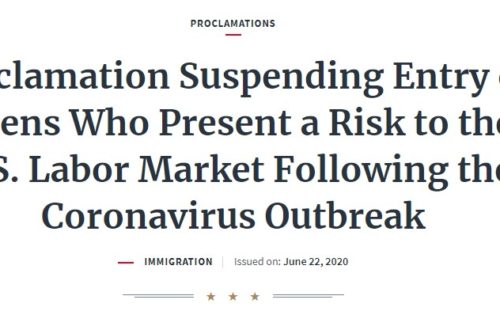
Humanitarian Reinstatement – How An I-130 That Has Been Terminated Due to the Petitioner Passing Away Can Be Saved
One of the sad realities of our immigration system is that it can take a very long time to bring over certain family members. For example, if a U.S. citizen mother petitions to bring her married son to the U.S., it could take over 22 years before that son will be able to come to the U.S. if he is a Mexican or Filipino national. If the son is a Canadian national, it would take about 12 years. Another reality is that a Petitioner can pass away during this waiting period. When that happens, by law the I-130 is automatically revoked. Fortunately, there is a way to save this I-130 so that relatives who have been waiting can still immigrate to the U.S. or get their green cards if they have applied in the U.S. The I-130 can be saved by applying for humanitarian r
Humanitarian r
There is no specific form that is filled out to request HR. A written request would be sent to the USCIS service center or field office that approved the I-130. Also, in these scenarios, a person would have to get a substitute financial sponsor (see my post here about the I-864). The substitute sponsor must be a U.S. citizen living in the U.S., over 18 years old, and related to the immigrating person as a spouse, parent, legal guardian, mother-in-law, father-in-law, brother, sister, child (over 18), son, daughter, son-in-law, daughter-in-law, sister-in-law, brother-in-law, grandparent, or grandchild.
There is not a set number of requirements that a person must meet for USCIS to grant HR, and their decision to grant or not grant is discretionary. Some of the factors they will look at are the impact on family unity if it is not granted (i.e. if the person has relatives such as, siblings or parents living lawfully in the U.S.), if a person is elderly and in poor health, if a person has strong ties to the U.S. or to their home country, and if a person has been waiting a long time and the delay in processing is not his/her fault.
If HR is granted, USCIS would send the decision to the Department of State if the person is abroad, or to the USCIS office handling the case if the person has applied for a green card in the U.S. The case would then proceed as normal.
If you are facing this situation, the case is not over and you should look into applying for humanitarian reinstatement.



